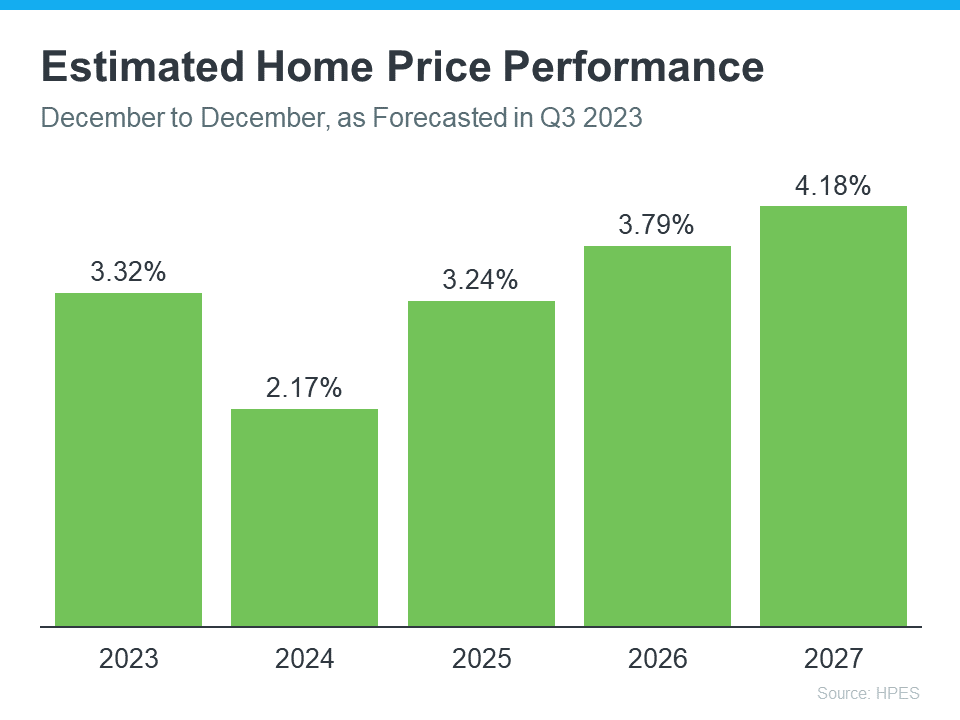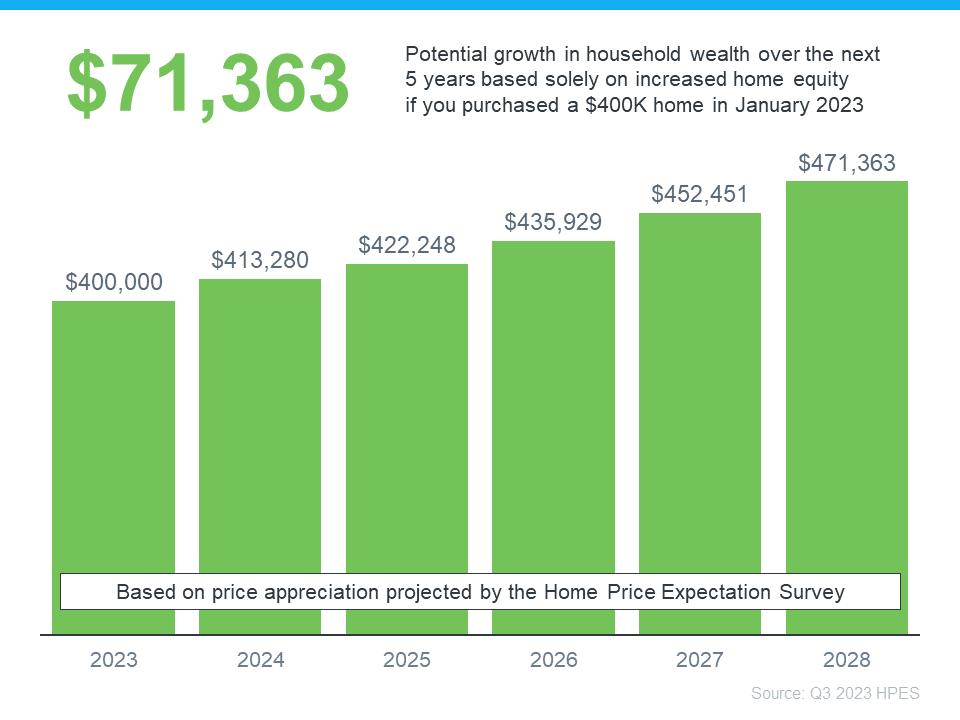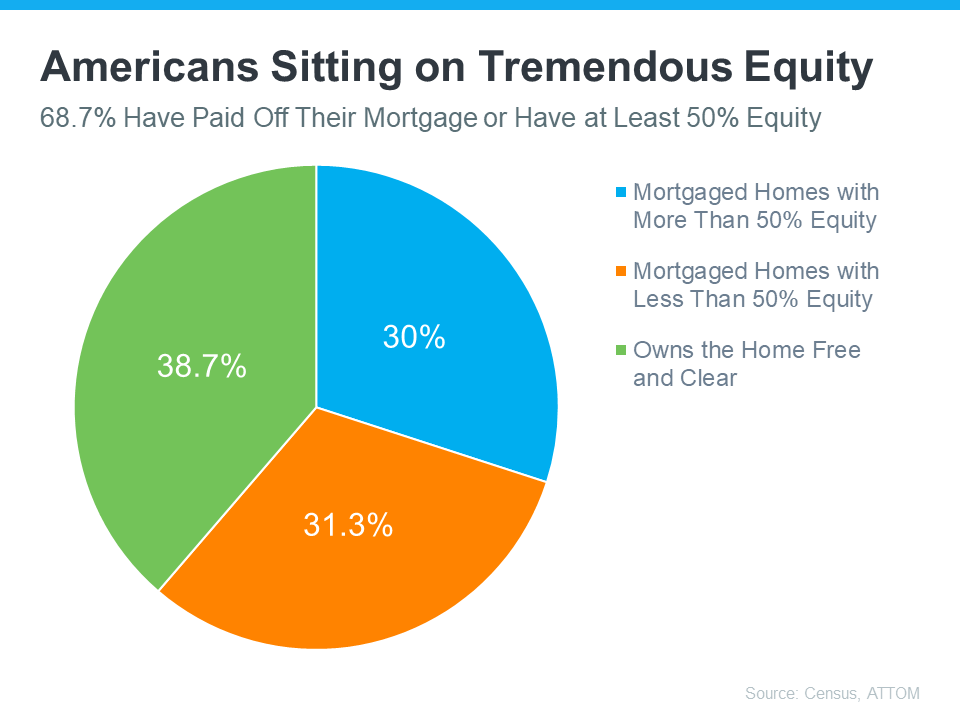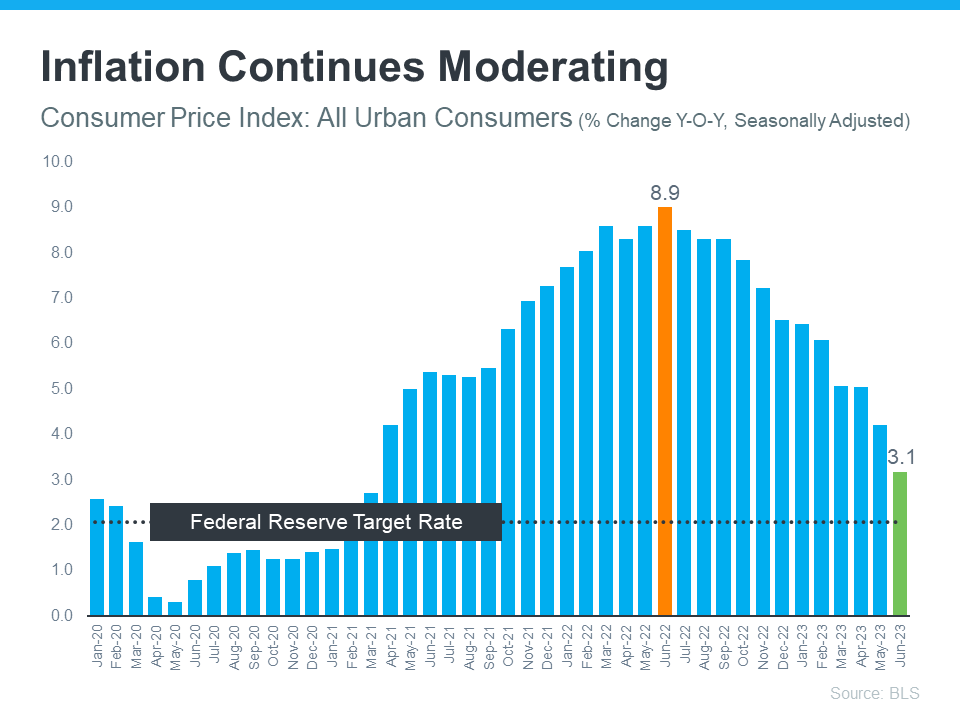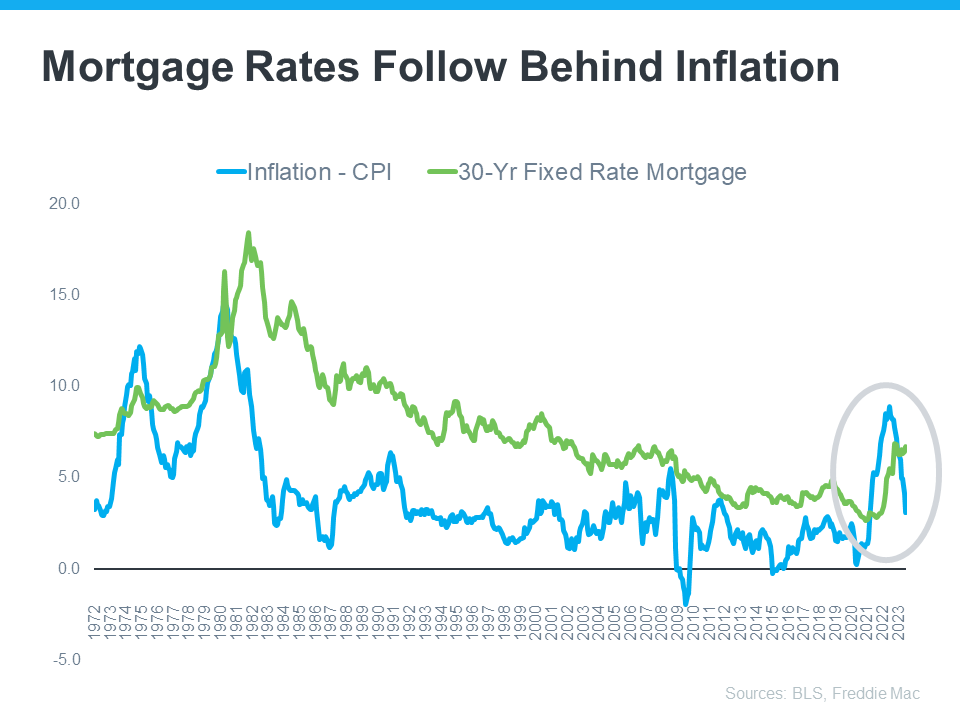
The increasing effects of natural disasters are leading to new obstacles in residential real estate. As a recent article from CoreLogic explains:
“As the specter of climate change looms large, the world braces for unprecedented challenges. In the world of real estate, one of those challenges will be the effects of natural catastrophes on property portfolios, homeowners, and communities.”
That may be why, according to Zillow, more and more Americans now consider how climate risks and natural disasters can impact their homeownership plans (see below):
This study goes on to explain that climate risks affect where many people look for a home. That’s because homebuyers are interested in finding out if the house they want will be exposed to things like floods, extreme heat, and wildfires.
If you’re in the same situation and are thinking about what to do next, here’s some important information to consider as you start looking for a home.
Expert Advice for Homebuyers To Reduce Climate Risks
The first thing to do is understand how to go about buying a home while thinking about climate risks. With the right help and resources, you can simplify the process.
The Mortgage Reports provides these tips for buying your next home:
- Evaluate climate risks: Before buying a home, it's important to check if it's in a flood-prone area using the FEMA website, review the seller's property disclosure for any past damage, and get an inspection for issues like cracks and mold to make sure it's a safe investment.
- Consider future preventative maintenance costs: For areas that get tropical storms, you may need to purchase hurricane shutters and sandbags to protect the home. In wildfire-prone areas, you may want to clear plants five feet from the house, consider rooftop sprinklers, or possibly buy gutter guards to prevent fire hazards. Factor these future expenses in when touring homes that may need them.
- Take steps to avoid losing your assets: Getting the right insurance for a home in a high-risk climate area is crucial. You should shop around and talk to multiple insurance agents to compare prices and options before deciding to bid on a home.
Above all else, your most valuable resource during this process is a trusted real estate expert. They'll always focus on your goals while keeping your concerns top of mind. Even if they don't have all the answers about how your home can handle natural disasters, they can connect you with the right experts and information.
Bottom Line
If you want to buy a home, but you're also thinking about climate risks, you're not alone. Your home is a big investment, and if anything can impact that, you want to know. Connect with a real estate professional so you have someone you can trust to guide you as you find your next home.

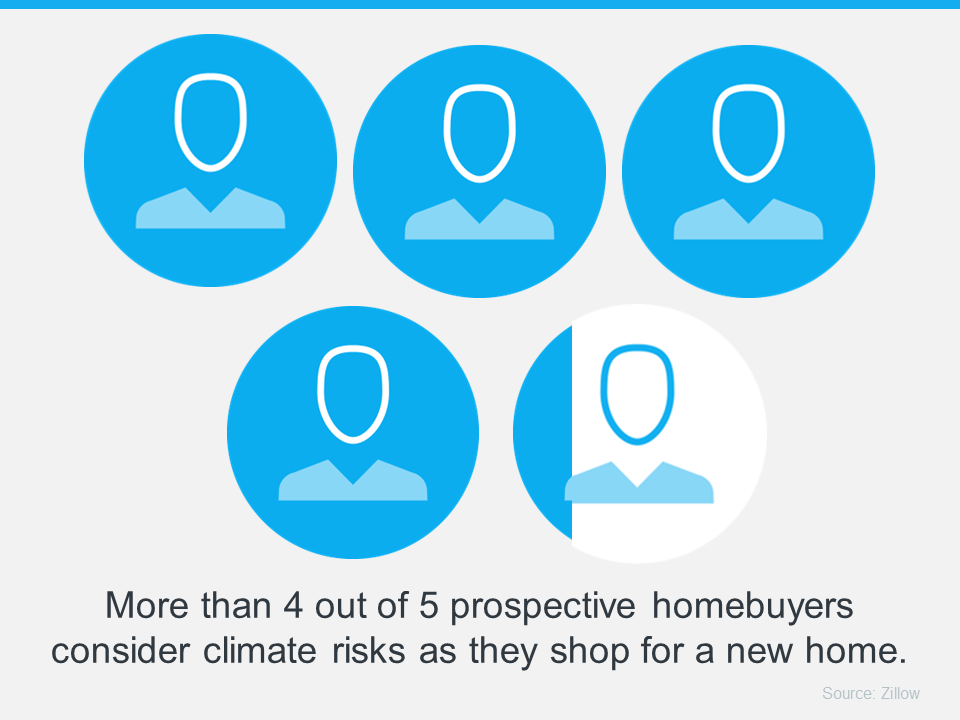


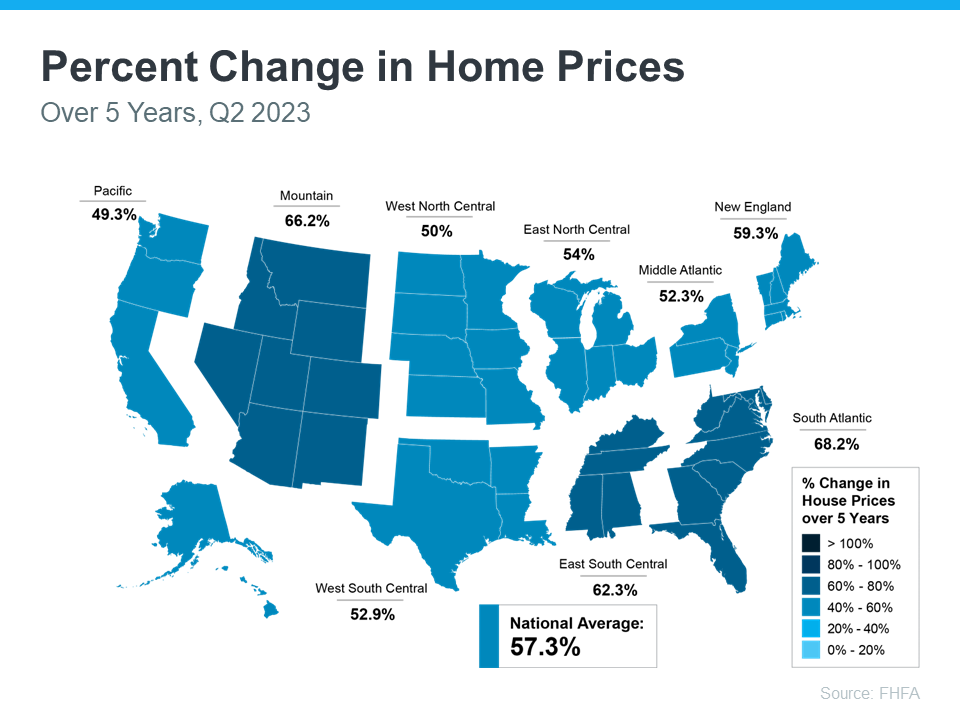
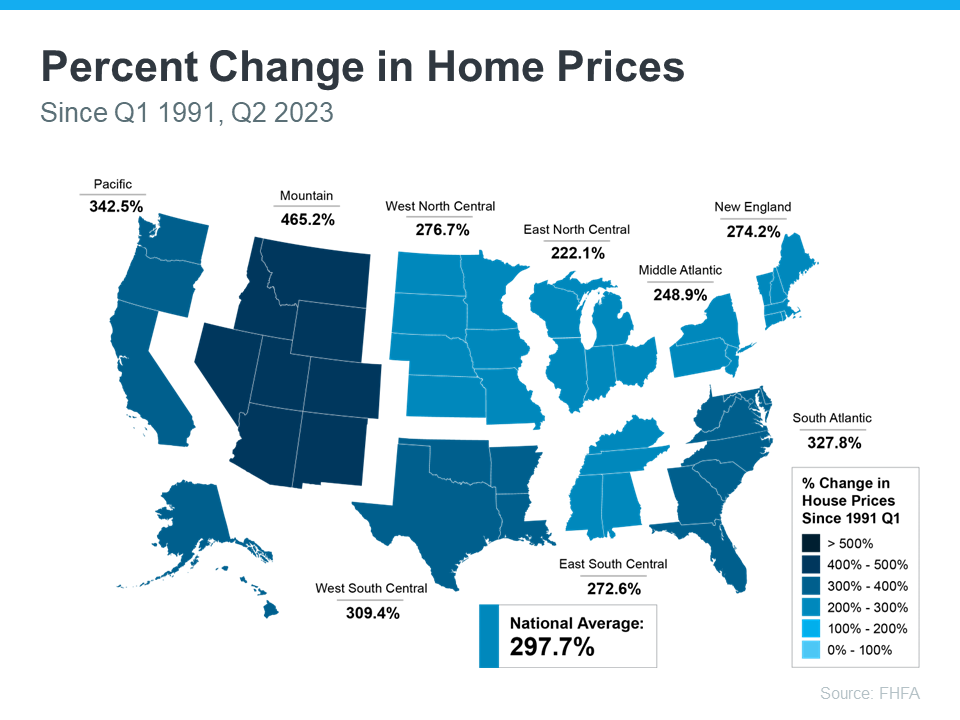

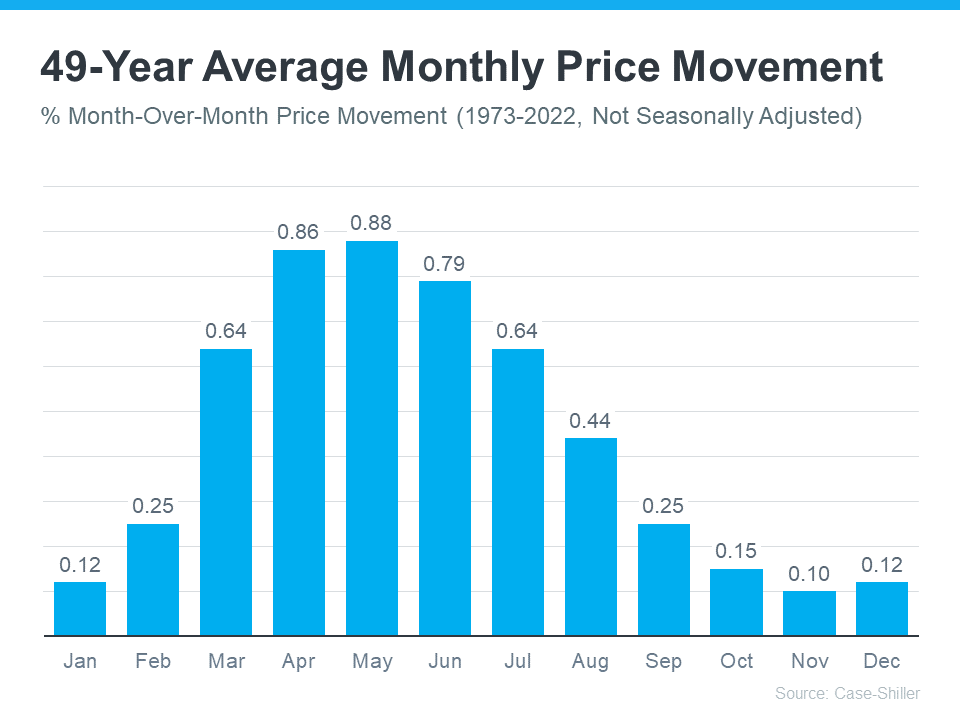

![How Remote Work Helps with Your House Hunt [INFOGRAPHIC] Simplifying The Market](https://files.keepingcurrentmatters.com/content/images/20230920/How-Remote-Work-Helps-with-Your-House-Hunt-KCM-Share.png)


